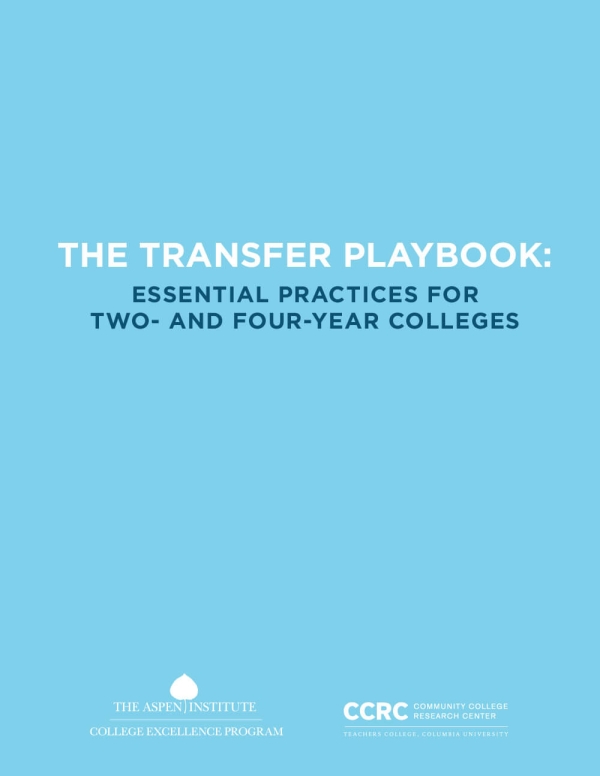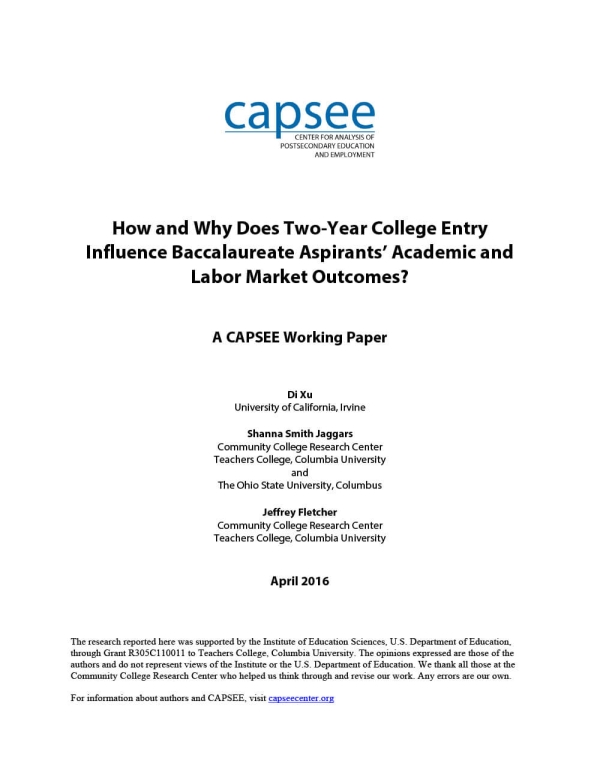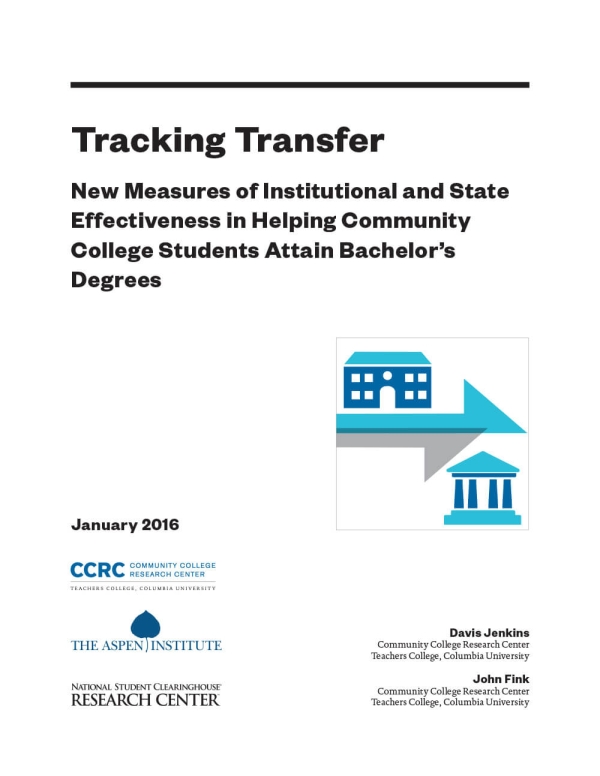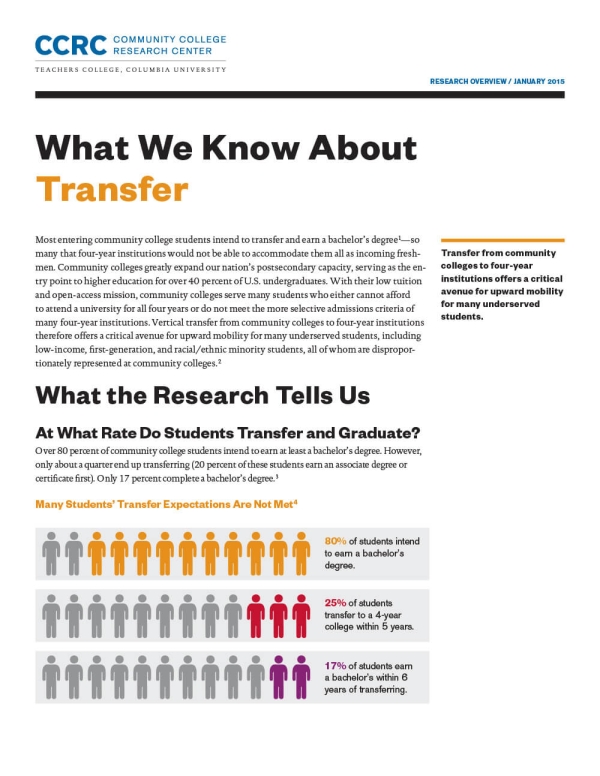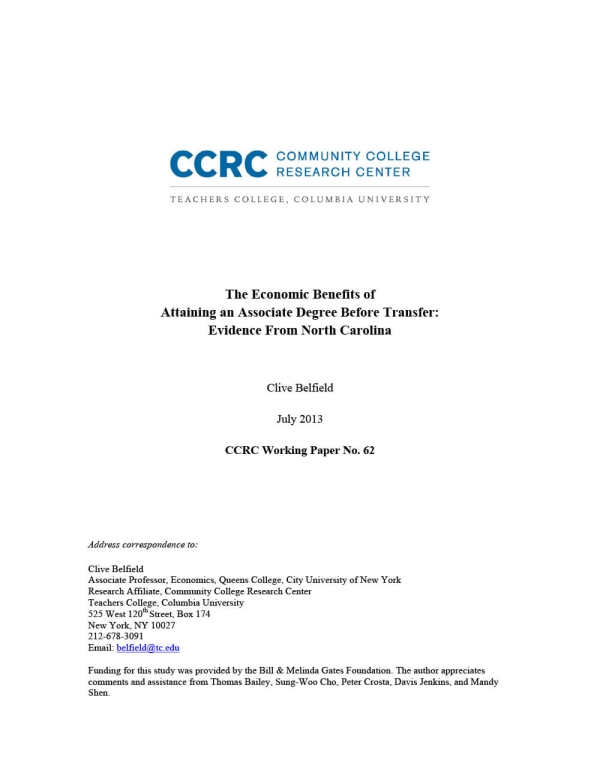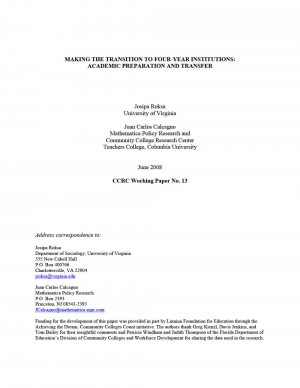May 2016
This playbook is a practical guide to designing and implementing a key set of practices that will help community colleges and their four-year college partners improve bachelor’s completion rates for students who start at community colleges.

